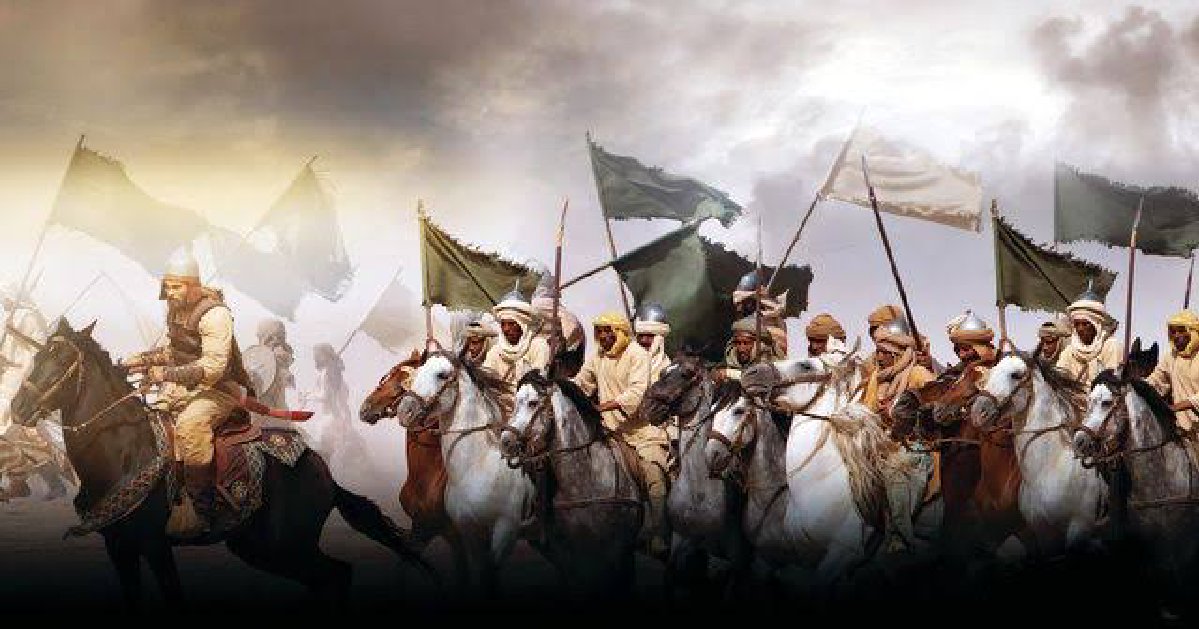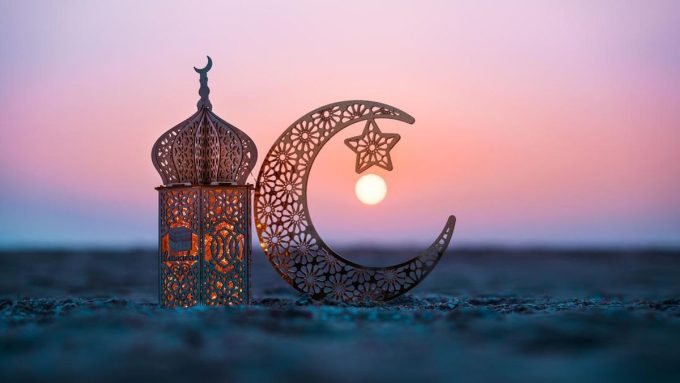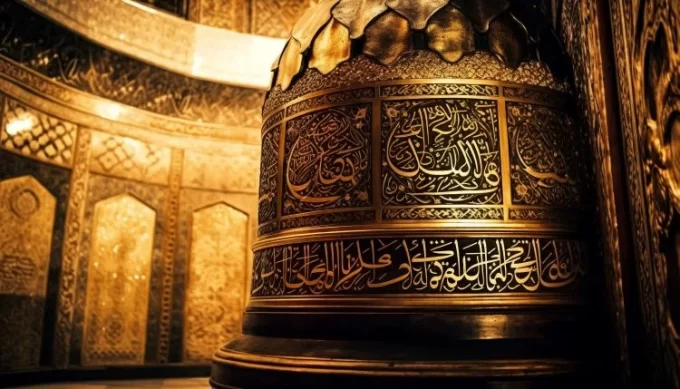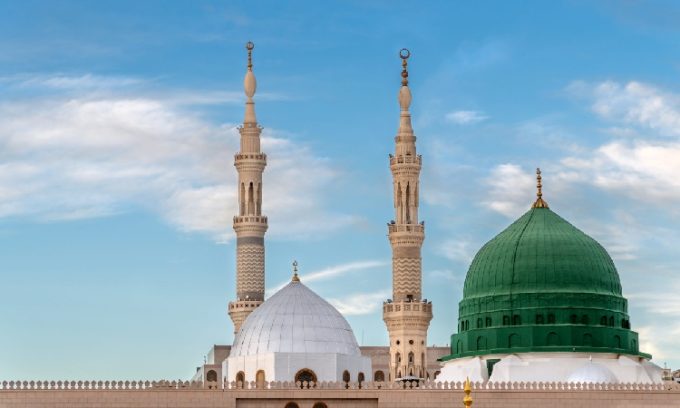One of the most significant events in Islamic history, the Battle of Badr, took place on the 17th of Ramadan in the 2nd year of Hijrah (624 CE). Despite being outnumbered and observing fasting, the Muslims fought with unwavering faith and emerged victorious with the divine help of Allah. This battle was not just a physical confrontation but a powerful testament to the strength of faith, perseverance, and the ultimate reliance on Allah.
The Background: A Moment of Decision
The Muslims of Madinah, led by Prophet Muhammad (PBUH), had suffered years of persecution in Makkah before migrating to Madinah. Even after their migration, the Quraysh—the powerful tribe of Makkah—continued their hostility toward Islam. The Battle of Badr was sparked when the Muslims set out to intercept a trade caravan led by Abu Sufyan, which was carrying goods that had once belonged to the emigrant Muslims but were seized by the Quraysh.
Sensing the Muslim’s plan, Abu Sufyan sent a distress call to the Quraysh leaders in Makkah, who quickly assembled a formidable army of around 1,000 well-equipped soldiers, including 200 cavalry and 700 camels. In contrast, the Muslim force consisted of only 313 men, with meager resources—just two horses and 70 camels, which they took turns riding.
The Battle Begins: Faith Overcomes Fear
On 17th Ramadan, the two forces met near a well in Badr, a small town southwest of Madinah. The Muslims, though small in number and lacking resources, stood firm. Prophet Muhammad (PBUH) spent the night in prayer, earnestly supplicating to Allah for victory:
“O Allah! If this small group of believers perishes today, there will be none left to worship You on this earth.”
Allah answered his prayer with divine support. A heavenly revelation promised:
“Remember when you asked your Lord for help, and He answered you: ‘I will reinforce you with a thousand angels, following one another.’” (Quran 8:9)
The Battle Unfolds: A Miraculous Victory
The battle began with traditional single combat. Three of the Quraysh’s champions stepped forward: Utbah ibn Rabi’ah, Shaybah ibn Rabi’ah, and Al-Walid ibn Utbah. In response, the Muslims sent Hamzah ibn Abdul Muttalib (Prophet Muhammad’s uncle), Ali ibn Abi Talib, and Ubaidah ibn al-Harith. The Muslim warriors swiftly defeated their opponents, setting the tone for the battle.
As the battle escalated, the Muslims, driven by unwavering faith, fought courageously. Then, Allah’s divine intervention became apparent—a strong wind swept through the battlefield, and the angels descended to assist the believers. The Quraysh army, despite their numbers and strength, became disoriented and eventually suffered a crushing defeat.
By the end of the battle, 70 Quraysh warriors were killed, including prominent leaders like Abu Jahl, Umayyah ibn Khalaf, and Shaybah ibn Rabi’ah, while another 70 were captured. The Muslims, on the other hand, lost only 14 fighters, who are honored as martyrs of Islam.
Lessons from the Battle of Badr
The Battle of Badr serves as a profound lesson for all believers, particularly during the sacred month of Ramadan:
-
Ramadan is a Month of Struggle, Not Laziness
Many assume that Ramadan is a time to slow down, but Badr proves otherwise. The greatest victory in early Islamic history occurred while the believers were fasting, demonstrating that Ramadan is a month of action, discipline, and perseverance. -
Faith and Reliance on Allah Are Stronger than Physical Limitations
The Muslims were weak in numbers and resources, yet their trust in Allah granted them victory. True strength comes from faith, unity, and determination, not just physical power. -
Divine Help Comes to the Patient and Faithful
Allah sent angels to aid the believers, proving that those who remain steadfast and trust in His plan will always find support, even in the most impossible situations.
Conclusion: The Spirit of Badr in Our Lives
The Battle of Badr is more than just a historical event; it is a timeless reminder that faith, patience, and perseverance lead to success. As we fast in Ramadan, we must remember that this is not a time to be idle, but a time to strive in worship, self-improvement, and service to others.
Just as the Muslims of Badr overcame their hardships with trust in Allah, we too can face any challenge with iman (faith) and sabr (patience). Victory does not always come through strength or numbers, but through unwavering belief in Allah’s mercy and guidance.
May we embody the spirit of Badr in our lives, standing firm in faith, seeking Allah’s help, and striving to be the best version of ourselves during Ramadan and beyond. Ameen.











Leave a comment